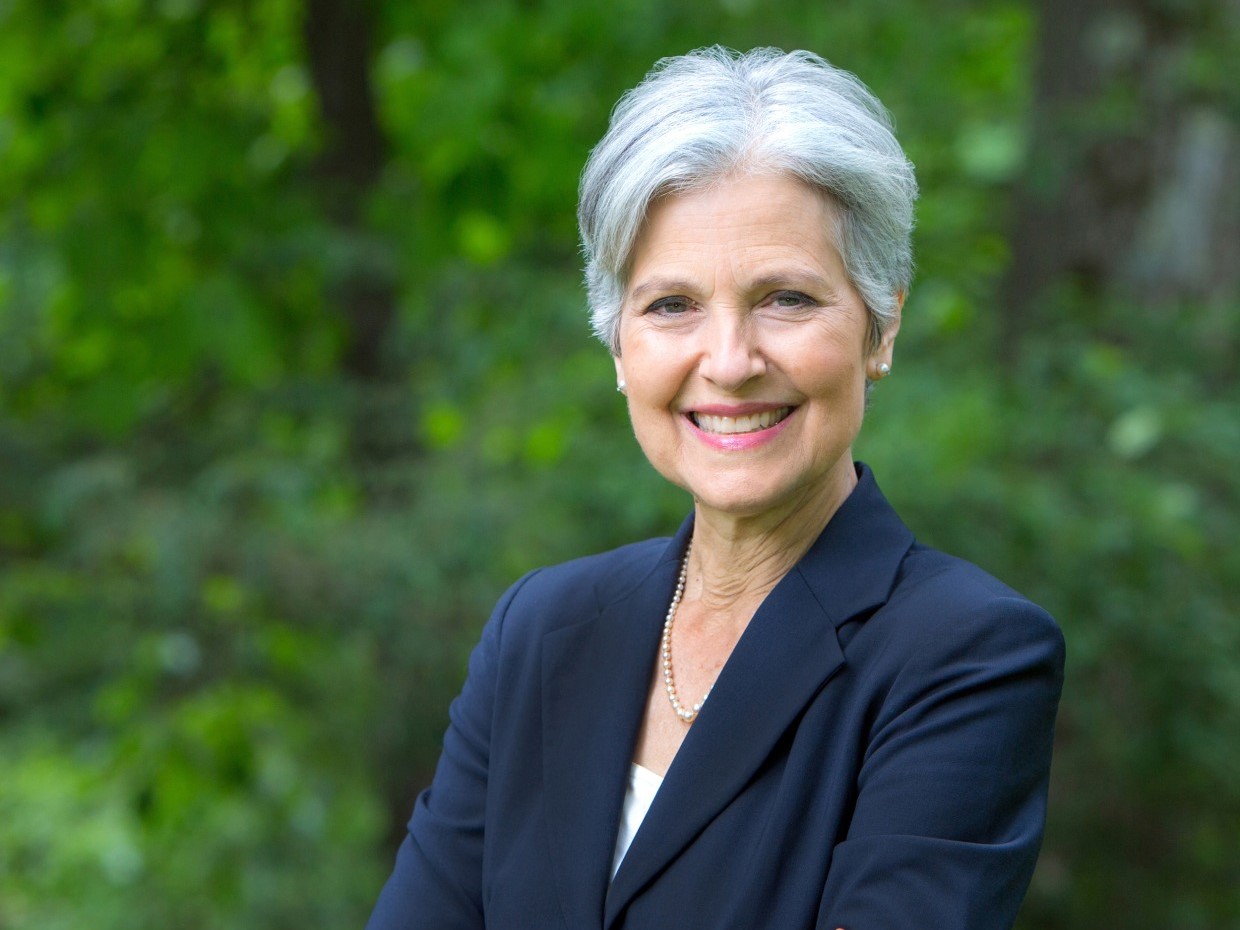
Jill Stein wasted no time amassing an impressive set of credentials as soon as she left her native Chicago. Her first stop was Cambridge, Massachusetts, where she studied psychology, sociology, and anthropology at Harvard College, graduating magna cum laude. She stayed within the system and attended Harvard Medical School, then practiced internal medicine in the Boston area for the next 25 years.
During her time as a physician, she grew more and more interested in the connections between her patients’ health and their living environments. Her blossoming concern led her to activism, and in 1998 she began protesting Massachusetts’ Filthy Five coal plants. Through her activism and her role on the board of the Greater Boston chapter of Physicians for Responsibility group, she began effecting change throughout the region. Her efforts won her a handful of awards, such as Clean Water Action's Not in Anyone's Backyard Award in 1998 and the Toxic Action Center's Citizen Award in 1999.
In 2002, Stein went up against Mitt Romney in the election for Governor of Massachusetts, finishing with only 3.5% of the vote. Undeterred, she ran for a position as a state representative in 2004, securing 21.3% of votes—a significant improvement, but still not enough to take a seat in the House. Stein was far more successful in her local bids, elected to one of seven seats for the town of Lexington’s local legislative body.
Stein became more of a household name in 2012, during her first presidential run, and then again in 2016, when she represented the Green Party by speaking out against Democrats and Republicans, which she called the “two corporate parties.” She was quite vocal against Hillary Clinton, claiming that "putting another Clinton in the White House will fan the flames of this right-wing extremism. We have known that for a long time, ever since Nazi Germany."
She was one of the first politicians to publicly release her tax and financial records, which revealed investments of over $8.5 million dollars largely in industries she previously spoke out against, such as tobacco, defense, and energy.
